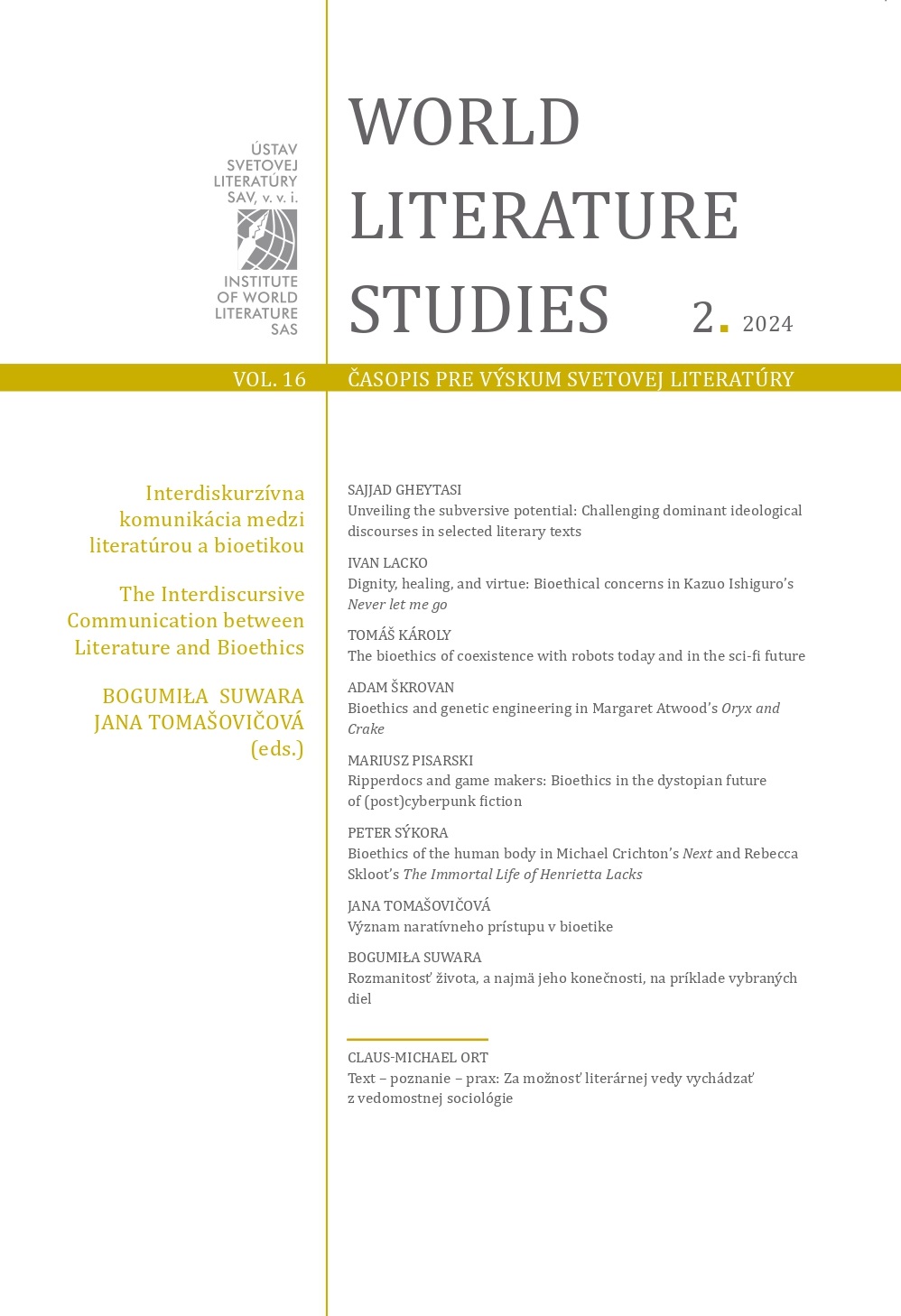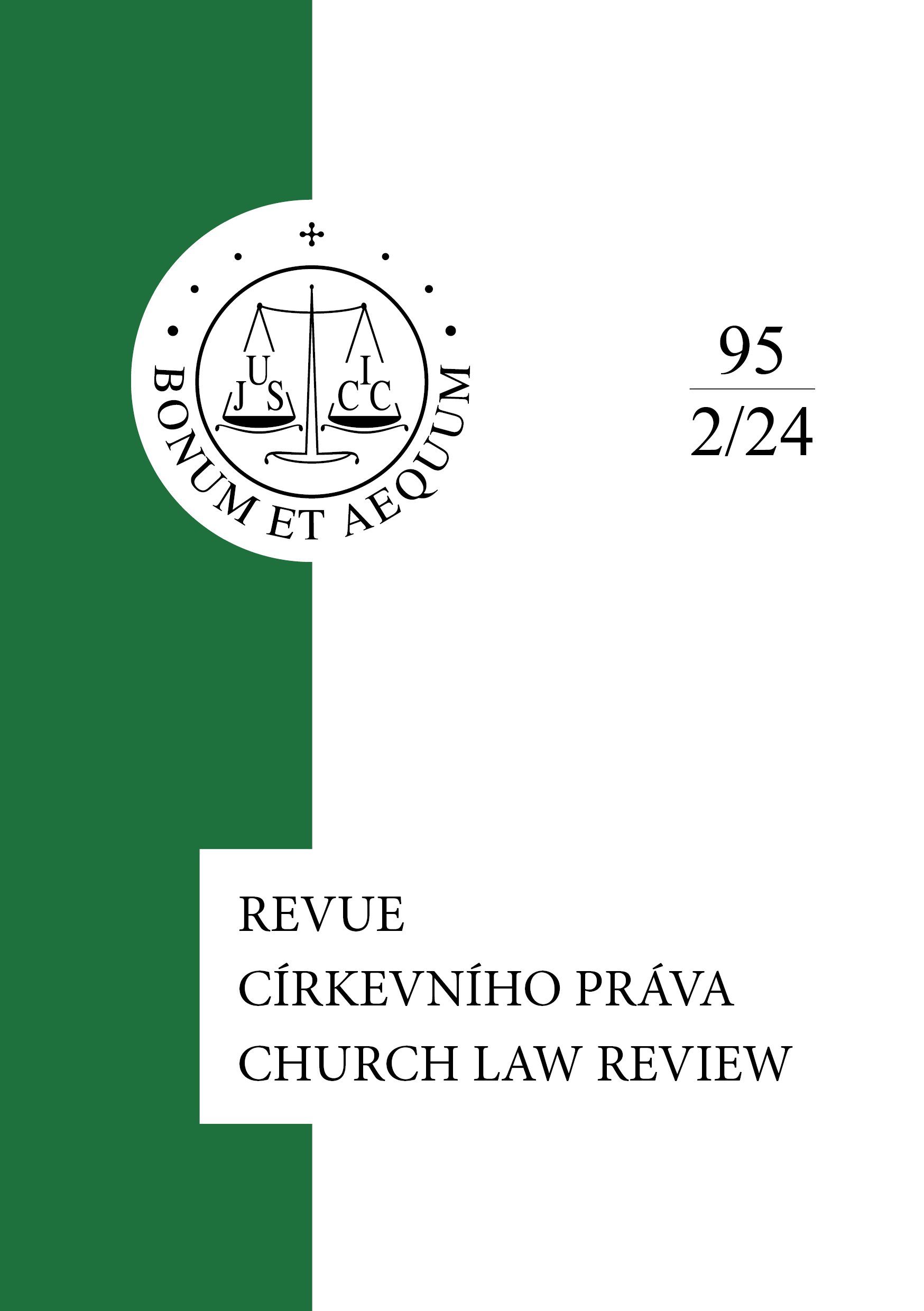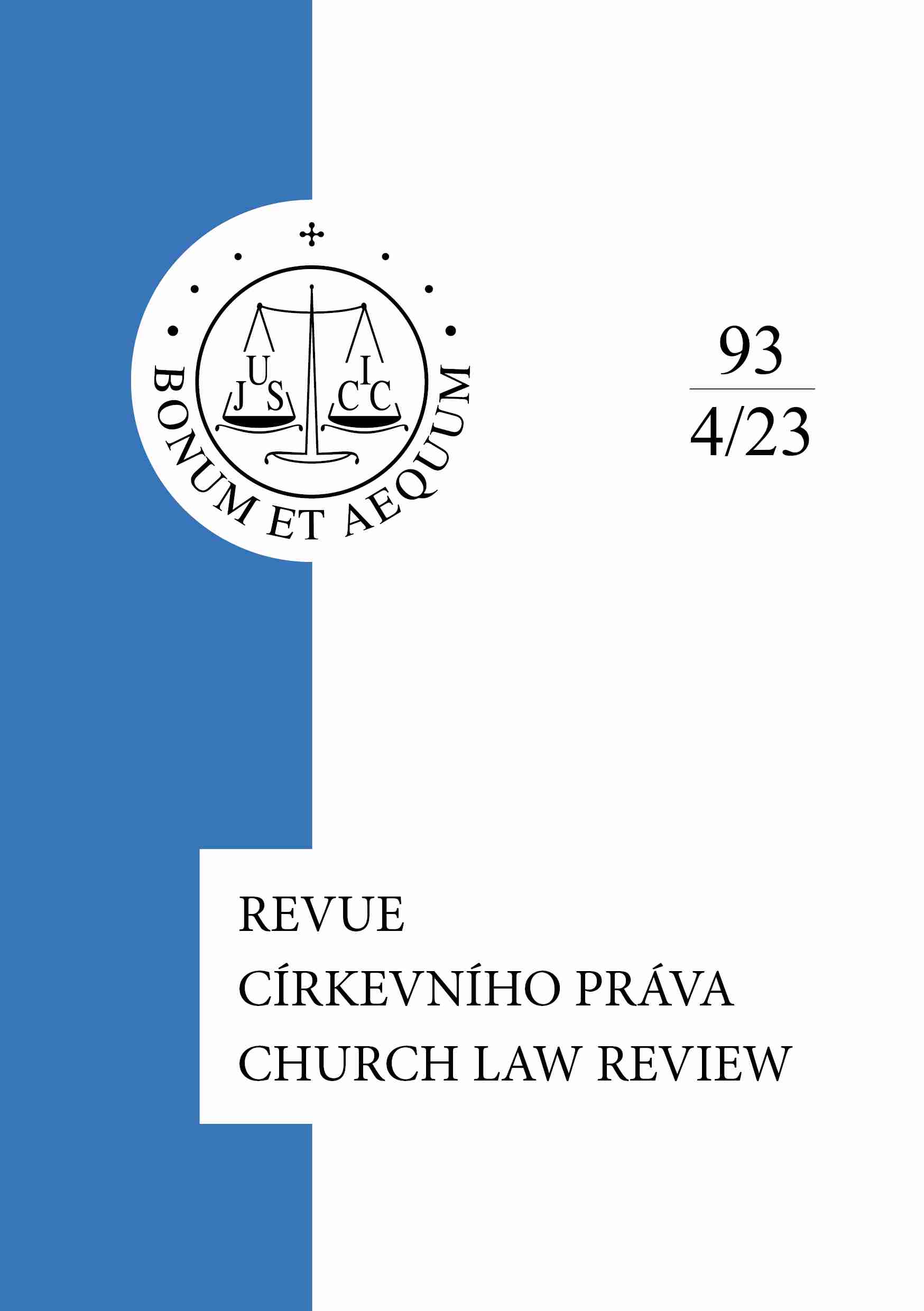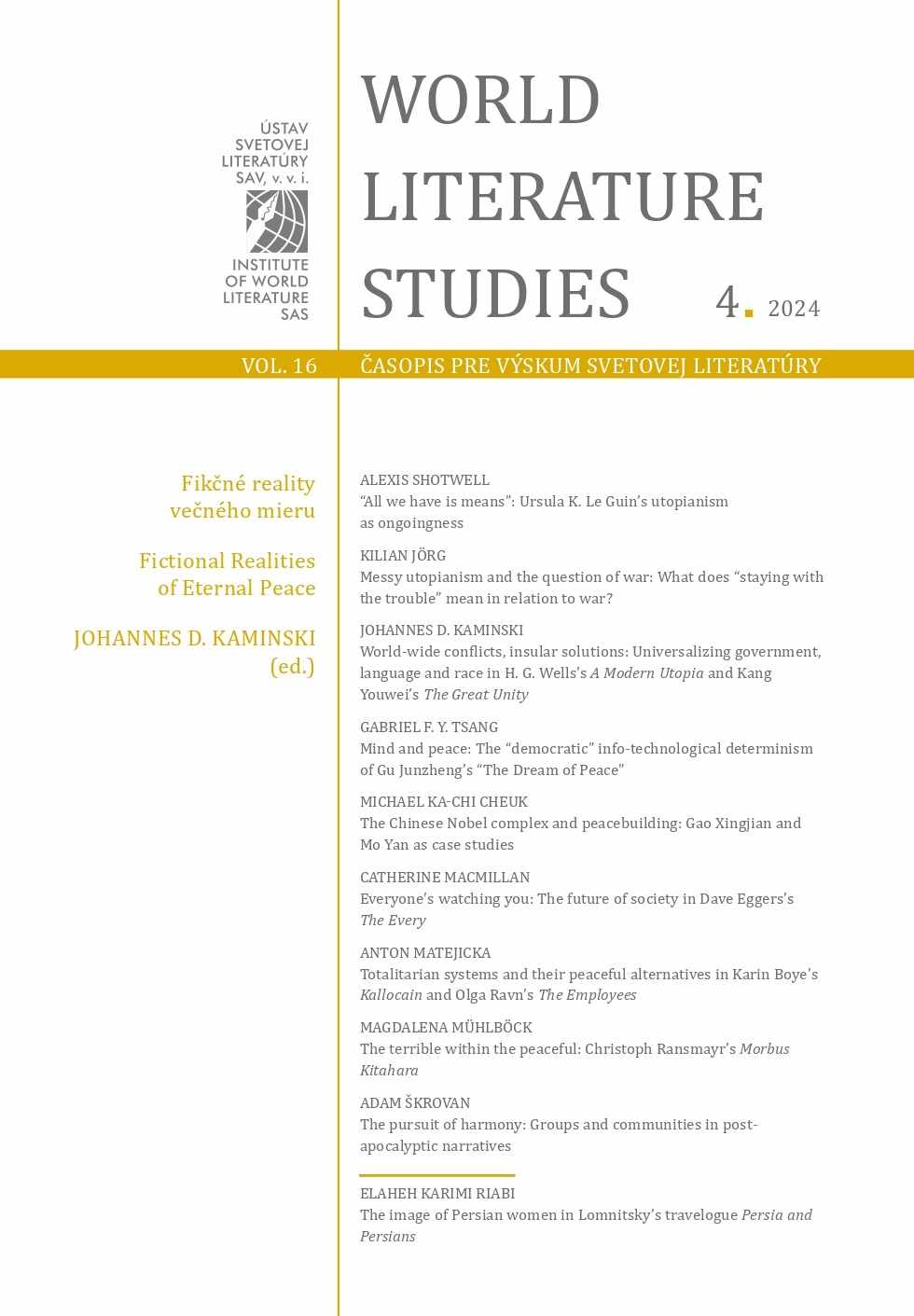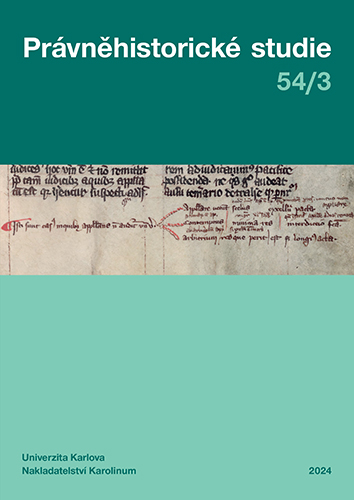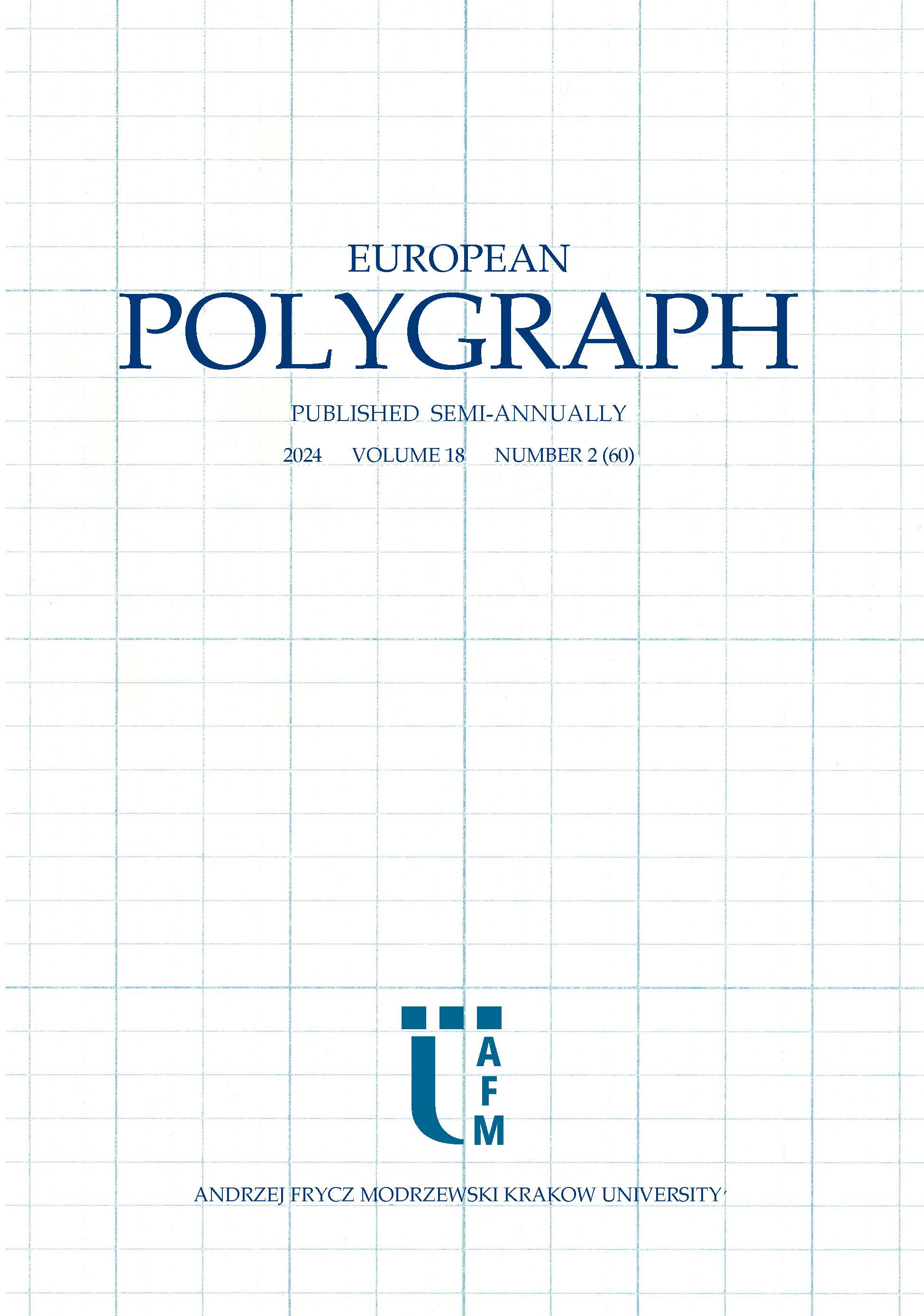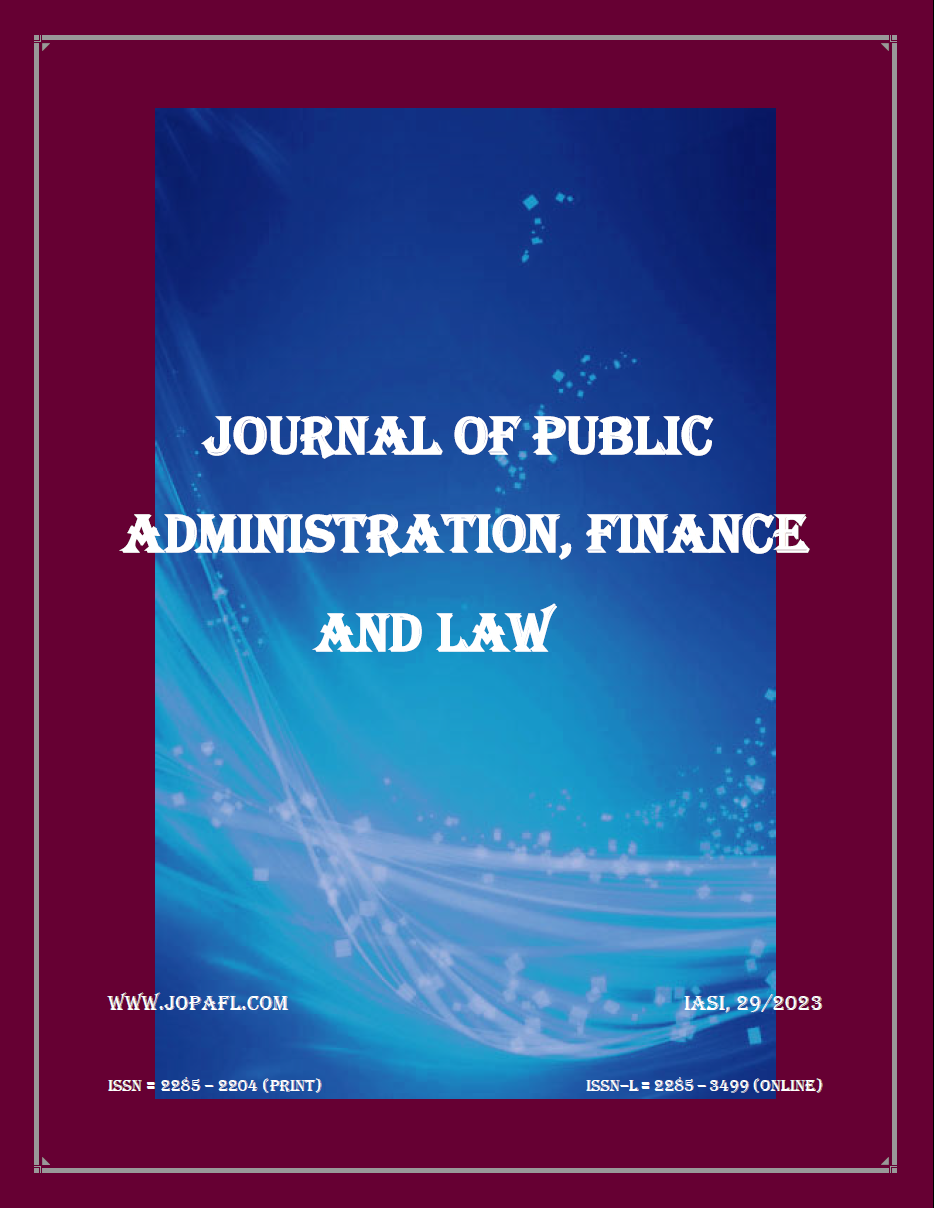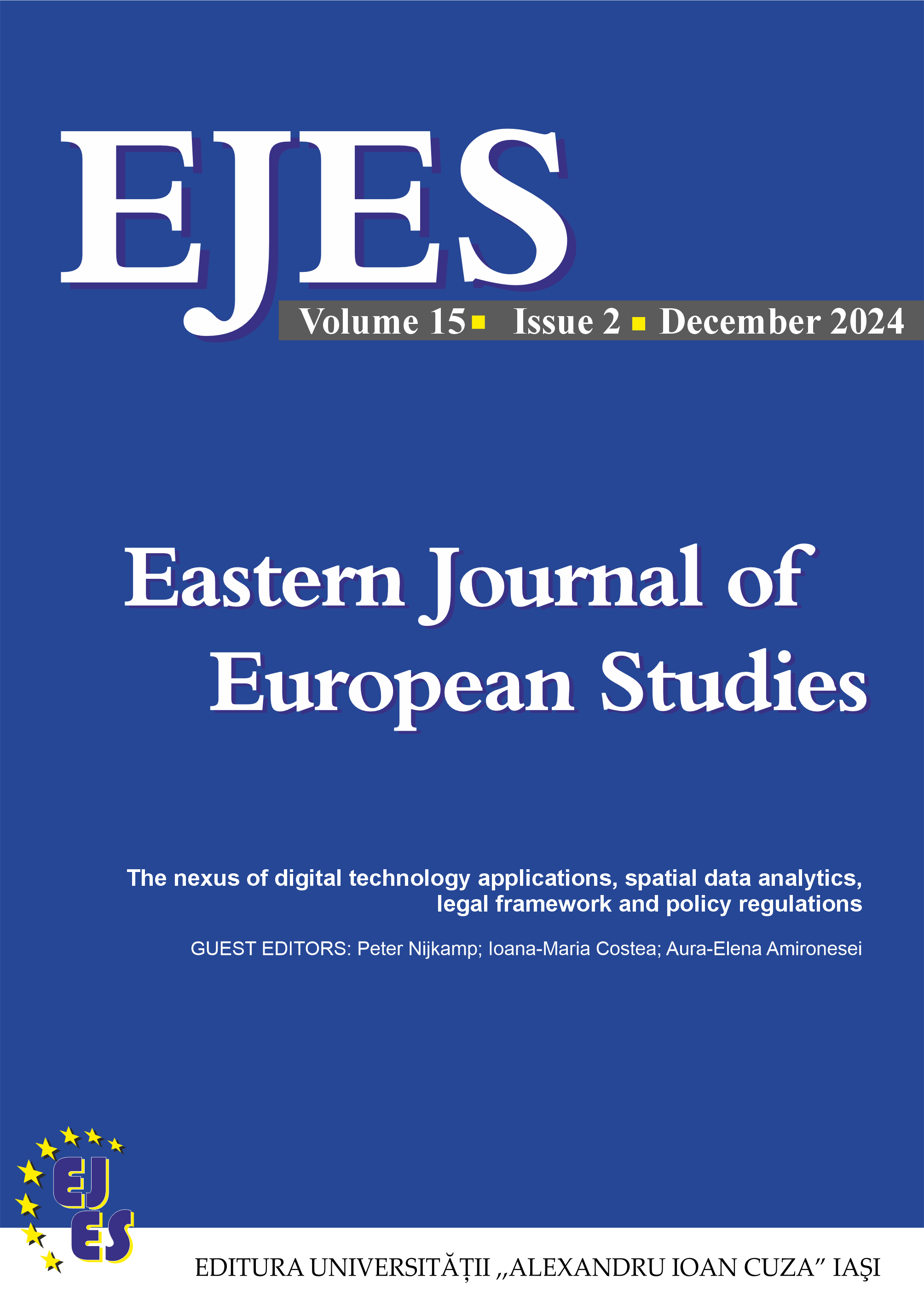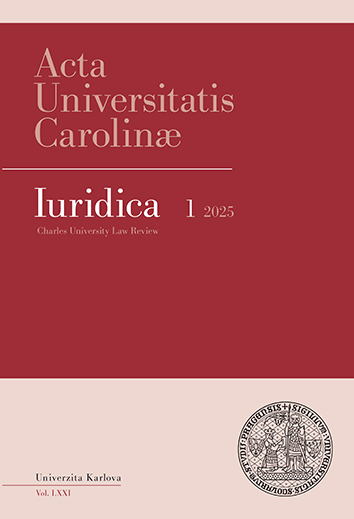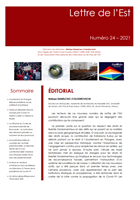Právnofilozofické názory Františka Deáka
The essay reviews the general theories of one of the most remarkable reform politicians of Hungary, Ferenc Deák on law. A part of the professional literature debates whether the famous politician had any coherent and reasoned philosophical concepts are based on his essays. This paper attempts to justify that the pragmatic politics and legislative activity of Deák was led by conscious principles of natural law. In his system of ideas, not only progressive antique and humanistic elements but also the modern philosophical trends of the 18th century are present. Deák considered law and morality to be in an organic unity. As a politician and legislator, his main idea was the respect of law, the attachment to acts and the strong belief in moral fortitude.
More...
